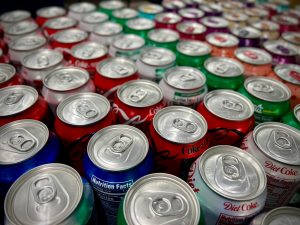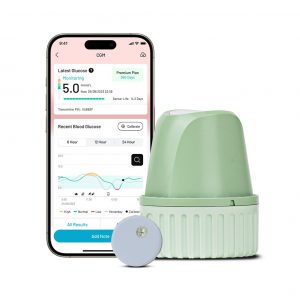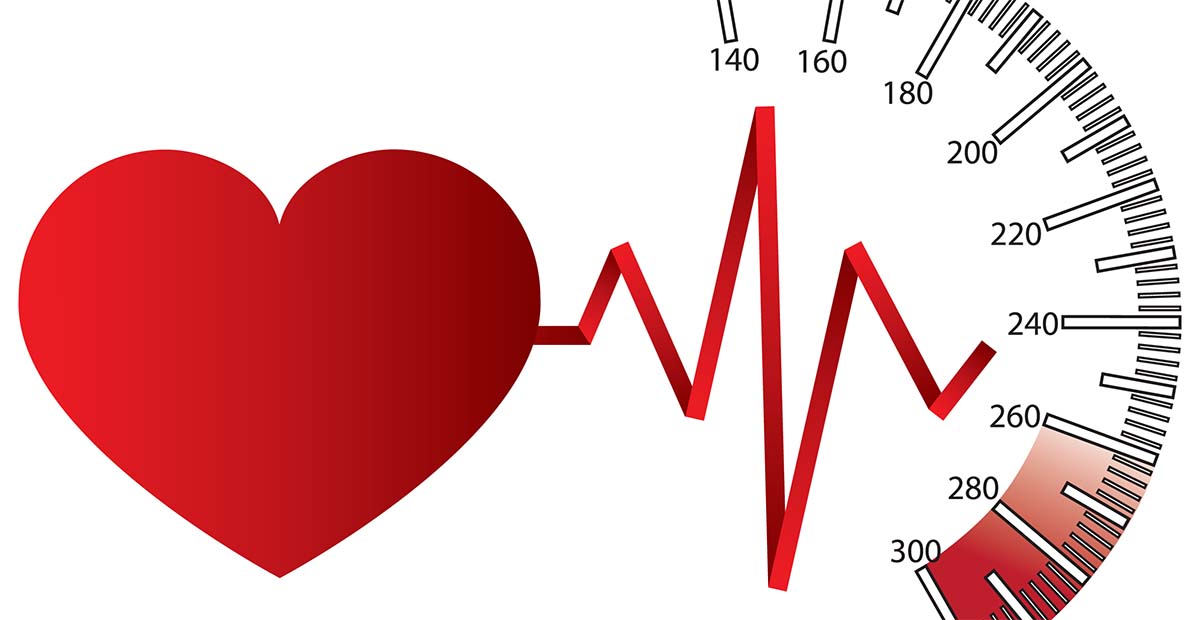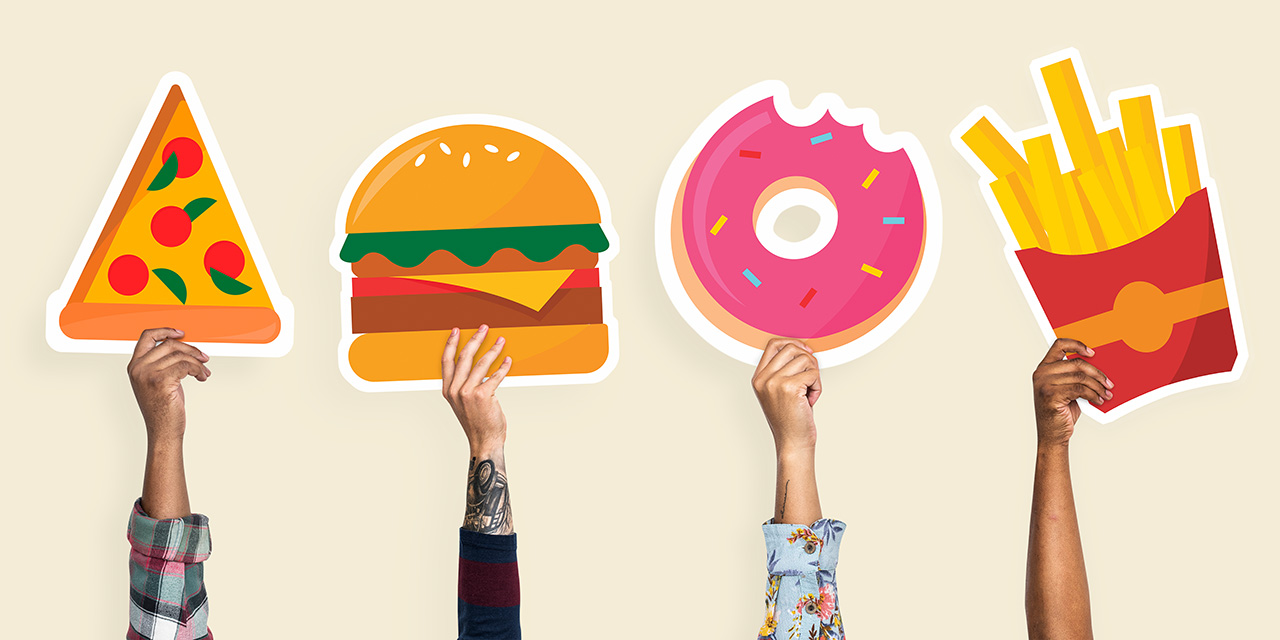The Bitter Truth: Why Diet Soda Isn’t as Safe for Diabetics as You Think
Published on:August 13 2025
For decades, diet sodas have been the go-to beverage for those seeking a sweet fix without the sugar rush. Marketed as a healthier alternative to regular soft drinks, they’re especially popular among people with diabetes, who are often told that “sugar-free” means “safe.” But mounting scientific evidence is challenging this assumption, revealing that diet sodas may not only be unhelpful for diabetics—they could actually be harmful. 
The Promise of Diet Soda: Too Good to Be True?
Diet sodas are sweetened with artificial sweeteners such as aspartame, sucralose, and saccharin. These compounds are hundreds of times sweeter than sugar, yet contain little to no calories. The logic is simple: swap sugar for sweeteners, and you can enjoy your favourite drinks without the risk of spiking your blood glucose.
However, a growing body of research suggests that this “free pass” may come at a cost. A study reported by ScienceAlert found that drinking just one diet soda per day was associated with a 38% higher risk of developing type 2 diabetes. This is not an isolated finding—other large-scale studies, including those published in journals such as Diabetologia and Circulation, have reported similar associations between artificially sweetened beverages and increased risk of metabolic diseases.
How Can Diet Soda Raise Diabetes Risk?
The link between diet soda and diabetes risk is complex and multifaceted. Here are some of the key mechanisms scientists believe may be at play:
1. Disruption of Gut Microbiome:
Artificial sweeteners can alter the composition of gut bacteria. Research published in Nature found that certain sweeteners, including saccharin, can induce glucose intolerance in both mice and humans by disrupting the gut microbiota. This can impair the body’s ability to regulate blood sugar, increasing diabetes risk.
2. Confusing the Body’s Metabolic Response:
When you consume something sweet, your body expects a calorie load to follow. Artificial sweeteners provide the sweet taste without the calories, which may confuse the body’s metabolic processes. Some studies suggest this can lead to increased appetite and cravings for high-calorie foods, ultimately resulting in weight gain and poorer blood sugar control.
3. The “Health Halo” Effect:
People who choose diet drinks may feel justified in making other unhealthy dietary choices, believing they’ve “saved” calories. This can lead to overconsumption of snacks or larger meal portions, negating any potential benefit from the calorie-free beverage.
4. Impact on Insulin Sensitivity:
Some research indicates that regular consumption of artificial sweeteners may reduce insulin sensitivity, making it harder for the body to manage blood glucose levels. This is particularly concerning for people with prediabetes or existing diabetes.
What Do the Studies Say?
The evidence is mounting. For example, a 2014 study in Diabetologia followed more than 66,000 women over 14 years and found that both sugar-sweetened and artificially sweetened beverages were associated with an increased risk of type 2 diabetes. Another study in Circulation tracked over 80,000 women and found that those who drank more than two diet drinks per day had a significantly higher risk of cardiovascular events and diabetes.
It’s important to note that these studies show associations, not direct causation. However, the consistency of the findings across different populations and study designs is cause for concern.
Are All Artificial Sweeteners the Same?
Not all sweeteners are created equal. Some, like stevia and monk fruit extract, are derived from natural sources and may have different effects on metabolism compared to synthetic sweeteners like aspartame or sucralose. However, the long-term health impacts of all non-nutritive sweeteners are still being studied, and caution is warranted.
What Should Diabetics Drink Instead?
For those managing diabetes, the best choices remain simple and natural:
Water is the healthiest and most hydrating option. For those who miss the fizz, plain or naturally flavoured sparkling water is a good alternative. Unsweetened tea or coffee can be enjoyed hot or cold, and offer antioxidants without added sugar. Infused water with slices of lemon, cucumber, mint, or berries provides a refreshing twist without added sugar or sweeteners.
Gradually replace diet sodas with healthier alternatives to avoid withdrawal symptoms. Keep a reusable water bottle handy to encourage regular hydration. Experiment with herbal teas or homemade iced teas for variety. Always read labels carefully—many “sugar-free” drinks still contain artificial sweeteners.
The idea that diet sodas are a safe haven for diabetics is increasingly being called into question. While they may not raise blood sugar in the short term, their long-term effects on metabolism, gut health, and appetite regulation are concerning. For those living with diabetes—or anyone seeking to reduce their risk—the safest bet is to stick with water and other unsweetened beverages.
Remember: just because a drink is sugar-free doesn’t mean it’s risk-free. As research continues to unfold, it’s wise to approach diet sodas with caution and prioritise whole, minimally processed options for your daily hydration.
Take Control with Continuous Glucose Monitoring (CGM)
 One of the most effective ways to understand how your body responds to different foods and drinks—including diet sodas—is by using a Continuous Glucose Monitor (CGM). A CGM provides real-time feedback on your blood glucose levels throughout the day, helping you identify patterns and make informed choices. With a CGM, you can see first-hand how even “sugar-free” products might affect your glucose, empowering you to take control of your health and make the best decisions for your body.
One of the most effective ways to understand how your body responds to different foods and drinks—including diet sodas—is by using a Continuous Glucose Monitor (CGM). A CGM provides real-time feedback on your blood glucose levels throughout the day, helping you identify patterns and make informed choices. With a CGM, you can see first-hand how even “sugar-free” products might affect your glucose, empowering you to take control of your health and make the best decisions for your body.
Ready to Take Charge of Your Health?
At BUZUD, we believe in empowering you with the tools and knowledge to manage your diabetes confidently. Our advanced diabetes management solutions offer continuous, accurate glucose monitoring, so you can make smarter choices every day. Don’t leave your health to guesswork—discover how your body truly responds to what you eat and drink.
Take the first step towards better diabetes management today.
The Bitter Truth: Why Diet Soda Isn’t as Safe for Diabetics as You Think






